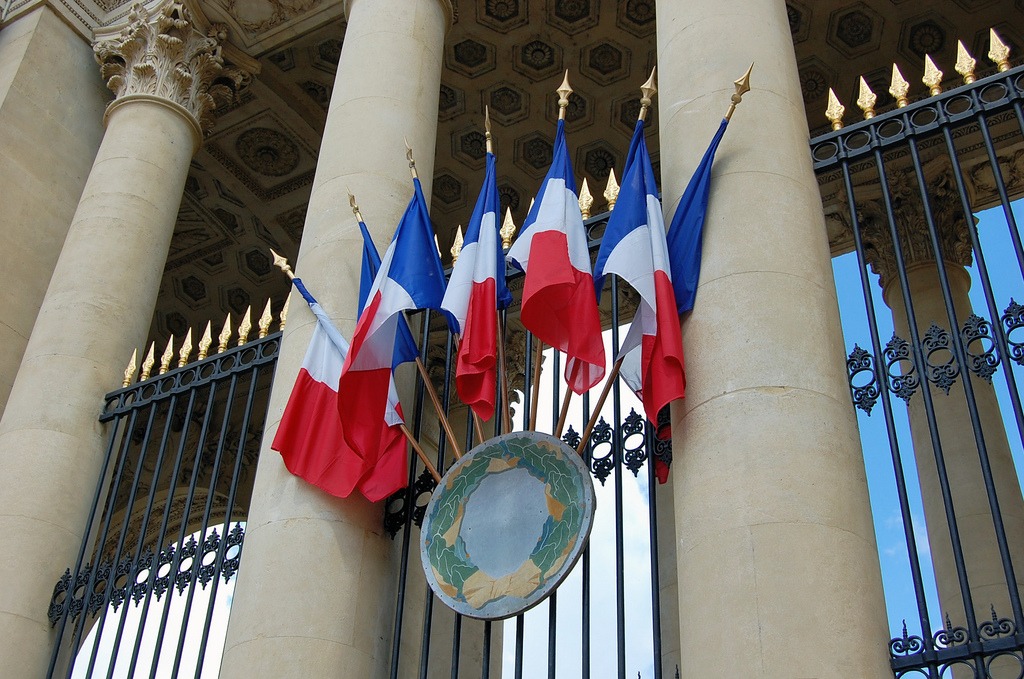A few years ago, a series of revelations about widespread surveillance of Internet communications by government security agencies sent shockwaves across the digital world, prompting renewed debates about the right to privacy in the digital age. While innovations in communication technologies have increased the possibilities for individuals to share information and ideas across borders, they have also generated opportunities for state surveillance of users’ personal exchanges.
With increasing national security threats, political leaders in a number of different countries are promoting measures that ultimately have the effect of reinforcing Internet surveillance. The latest example is France. Despite the fact that the country has a long history of supporting the open Internet, advocating for individual privacy and freedom of expression, it is now getting closer to adopting a new intelligence law that risks jeopardising fundamental rights.
On 5 May, the French National Assembly approved by 438 votes to 86, a proposed surveillance law drafted in the aftermath of January terrorist attacks in Paris. Despite the strong opposition of civil society groups, including Internet Society (ISOC) France and local industry stakeholders, who warned that the bill’s provisions would de facto allow mass surveillance, the law won the support of a majority of the Assembly deputies. Rejecting allegations that the law is a French variant of the US Patriot Act, Prime Minister Manuel Valls highlighted that the new measures are needed to provide the country’s intelligence services with powers to be more effective in the fight against terrorism and serious crime.
While it is generally agreed that an individual’s right to privacy must, in appropriate circumstances, give way to matters of public interest (law enforcement, safety and security), other factors must be respected, such as necessity, legitimacy, proportionality and fairness, to determine whether a lower level of protection is justified in the particular case. In France’s case, the new provisions would, among other things, authorise bulk collection of Internet communication metadata via Internet providers, paving the way towards disproportionate and potentially limitless online surveillance of the population.
ISOC has long advocated the idea that security should not be sought at the expense of individual rights, and we do not accept the notion that security has to be the product of a trade-off with privacy and freedom of expression. In line with this, the ISOC Board of Trustees endorsed the principles in the International Principles on the Application of Human Rights to Communications Surveillance and we underline the importance of proportionality, due process, legality, and transparent judicial oversight.
We believe that mass Internet surveillance not only threatens privacy and the free flow of information, but also generates chilling effects on the Internet architecture as such, undermining the trust that users have in the network as a global, interoperable and resilient platform of communication. The Internet is global; therefore the impact of laws like the new French bill would not be limited to a specific country, but would reverberate across the world to users everywhere.
We have always maintained the importance of an open and inclusive dialogue on online privacy, including in the realm of national security, and the need for all stakeholders to abide by the norms and principles outlined in international agreements on data protection and other fundamental rights.
Governments should engage fully with their citizens in an open dialogue on how to reconcile national security objectives and the fundamental rights of individuals. We have repeatedly called on the global Internet community to stand together in support of open Internet access, freedom, and privacy. Building upon a principled vision and substantial technological foundation, ISOC promotes open dialogue on Internet policy and technology among users, companies, governments, and other organisations.
The principles and values of the French Revolution inspired great political and social transformations and had a major impact on the development of liberty and democracy in Europe and worldwide. So has the Internet. However, the building stones of the Internet as a free and open space would be undermined by new laws introducing disproportionate surveillance.
The French bill will now be examined by the Senate, and also reviewed by the country’s Constitutional Court. Let’s hope that in constructing a new framework for its intelligence services, they will not forget to respect the values for which France stands.
Related reading:
- Encryption Backdoors Decrease Trust In The Internet
- Internet Society Board Recommends Encryption-by-Default
- Collaborative Security: An approach for tackling Internet Security issues
Photo credit: jpellgen on Flickr

